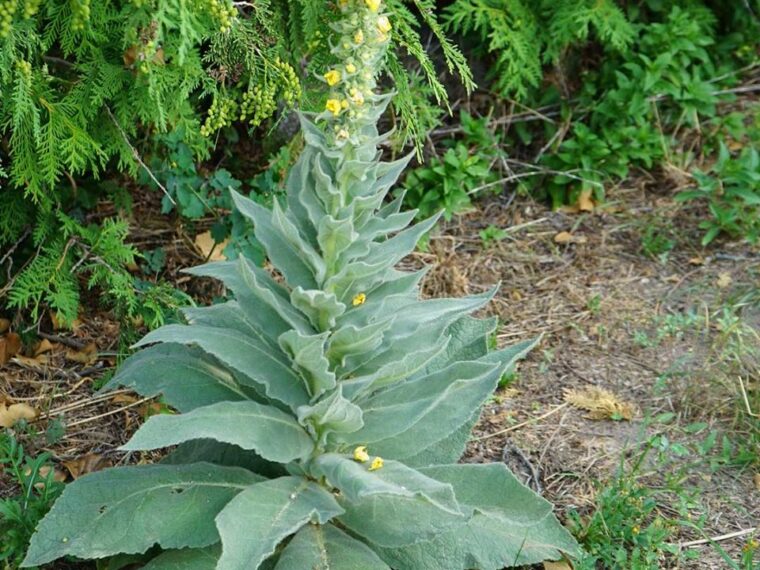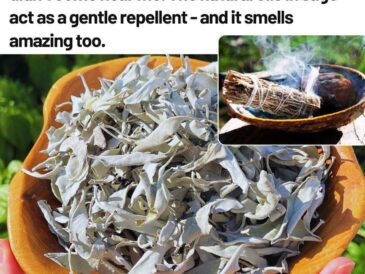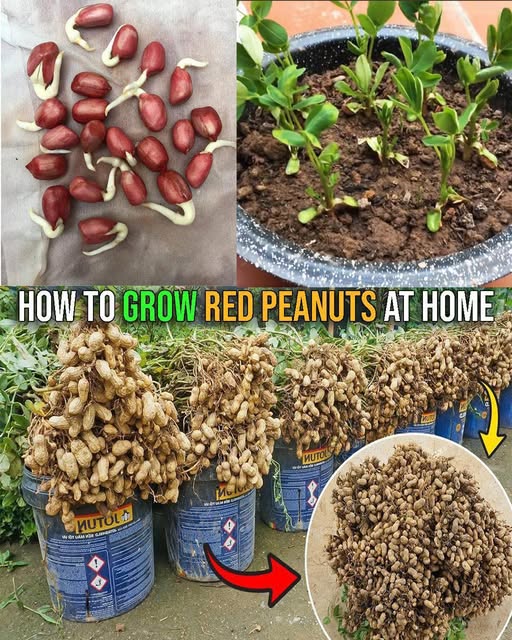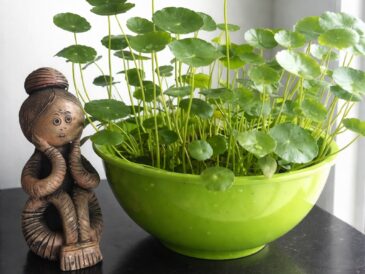Mullein thrives in a variety of environments, making it a versatile plant. It prefers well-drained, sandy or gravelly soils and is commonly found in:
- Disturbed soils (roadsides, construction sites, trails)
- Fields and meadows
- Gravel pits
- Open woodlands
It’s a biennial plant. In the first year, it focuses on growing its root system and leafy base. In the second year, the flowering stalk emerges, produces seeds, and the plant dies off — but not before scattering up to 180,000 seeds, ensuring future generations.
The seeds can lie dormant for decades, only sprouting when conditions are just right. This incredible resilience is part of what makes mullein so widespread.
Top 10 Benefits of the Mullein Plant
Mullein offers a multitude of health benefits, making it a valuable addition to any natural medicine cabinet. Here are the top 10 benefits of this remarkable plant:
1. Respiratory Health Support
Perhaps the most celebrated use of mullein is for respiratory issues. As an expectorant, it helps loosen and expel mucus from the lungs and throat, making it effective for:
- Coughs and congestion
- Bronchitis
- Asthma
- Smokers’ lungs
- Pneumonia recovery
Mullein tea, tincture, or even steam inhalation made from the leaves or flowers can soothe the respiratory system, reduce inflammation, and make breathing easier. It’s gentle enough for children and the elderly, yet potent enough to assist with chronic conditions.
2. Anti-Inflammatory Properties
Mullein contains compounds like verbascoside and saponins, known for their anti-inflammatory effects. These help to calm swelling and discomfort associated with:
- Arthritis
- Joint pain
- Inflamed tissues
- Irritated skin
When used in salves or poultices, mullein can be applied directly to sore joints or muscle aches for localized relief.
3. Antimicrobial Effects
Mullein has been shown to have antibacterial and antifungal properties. Lab studies have demonstrated that extracts of mullein are effective against a range of pathogens, including:
- Staphylococcus aureus
- Escherichia coli
- Candida albicans
This makes it a useful plant for treating minor infections, wounds, and even certain ear infections (more on that below).
4. Ear Infection Remedy
One of the most famous modern uses of mullein is as an ingredient in ear oil. When the flowers are infused in olive oil (often along with garlic or St. John’s Wort), the result is a powerful natural remedy for:
- Earaches
- Outer ear infections (swimmer’s ear)
- Ear congestion from colds
This treatment is particularly gentle for children, offering a soothing and effective alternative to antibiotics in some cases.
5. Skin Health and Wound Healing
Thanks to its antiseptic and soothing properties, mullein is excellent for treating skin issues. It can be used topically to help heal:
- Cuts and scrapes
- Burns
- Hemorrhoids
- Eczema and psoriasis
- Insect bites
Crushed fresh leaves or infused oils can be applied directly to the skin to promote healing and prevent infection.
6. Pain Relief
Mullein has mild analgesic (pain-relieving) properties, making it useful in relieving:
- Toothaches
- Headaches
- Muscle soreness
Traditional herbalists sometimes recommend a warm compress soaked in mullein tea for targeted pain relief.
7. Sleep Aid and Nervous System Support
Less commonly known is mullein’s role in calming the nervous system. A warm cup of mullein tea before bed can help:
- Relax the body
- Ease anxiety
- Improve sleep quality
Its mildly sedative properties make it a good choice for those struggling with stress or insomnia, especially when combined with calming herbs like chamomile or lemon balm.
8. Digestive Aid
Mullein’s demulcent nature — meaning it soothes and coats mucous membranes — helps with digestive discomfort, particularly when inflammation is involved. It may assist with:
- Irritable bowel syndrome (IBS)
- Gastritis
- Ulcers
Drinking mullein tea may help calm the gut and reduce irritation.
9. Immune System Support
Rich in antioxidants, mullein can help boost the body’s natural defenses. It supports the immune system by reducing oxidative stress and inflammation, making it a helpful ally during:
- Cold and flu season
- Times of high stress
- Recovery from illness
Adding it to your herbal rotation during seasonal transitions can strengthen your immunity naturally.
10. Natural Decongestant
If you’ve ever felt the heavy fog of a head cold or sinus infection, mullein might be the relief you’re looking for. It acts as a natural decongestant, helping to clear blocked nasal passages and sinuses when used in:
- Herbal steam baths
- Teas
- Tinctures
Just inhaling the steam from a mullein infusion can open airways and help you breathe easier.
How to Use Mullein
There are multiple ways to harness the benefits of this remarkable plant:
- Tea: Steep dried leaves or flowers in hot water for 10–15 minutes. Always strain carefully, as the hairs on the leaves can be irritating.
- Tincture: Alcohol-based extracts are available in health stores or can be made at home.
- Oil infusion: Used for earaches and skin conditions.
- Poultice: Crushed fresh leaves applied directly to the skin.
- Smoking: Traditionally, dried mullein leaves were smoked (sometimes mixed with other herbs) to relieve lung congestion. This is controversial but still practiced in some herbal circles.
Harvesting and Precautions
Mullein is easy to harvest, but here are some tips:
- When to harvest: Leaves in the first year, flowers in the second year.
- How to dry: Hang in a well-ventilated space out of direct sunlight.
- Storage: Keep in airtight containers away from light and moisture.
Precaution: While mullein is generally considered safe, always consult with a healthcare provider if pregnant, nursing, or taking medication. Some people may experience skin irritation or allergic reactions.





